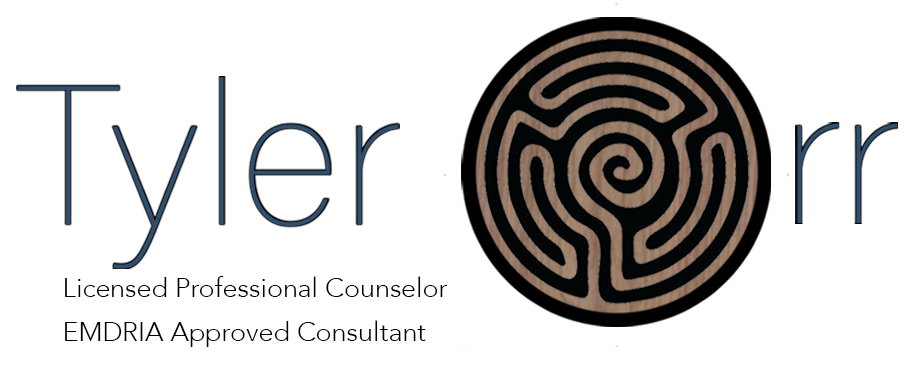So, I heard the TV show Hoarders was canceled. What a shame. I actually liked watching it. I felt it did an excellent job highlighting the lives of those suffering from the debilitating disorder know as hoarding—the excessive collecting of items, and the inability to discard them. I know people like this. In fact, I know several people who display hoarding traits, but not in the way you might imagine. For the sake of this blog, I’d like to combine all the hoarders I know into one imaginary person. Let’s call him "Buddy".
Buddy collects objects, which I often call his "collection"—musical equipment, action figures, furniture, clothes, dogs, magazines, etc. I didn't think much of it before recalling the TV show. I just thought he was just incredibly messy, and a pack-rat, but his condition is much worse. Here are a few examples:
1) He always surrounds himself with people, and refers to everyone who crosses his path as a "good" friend, even the ones who don't come around anymore, or have nothing to do with him. He collects people.
2) He stopped cutting his hair years ago. On a similar note, he won't let his wife cut her hair either. He collects hair.
3) There is always something wrong with him physically, and he's eager to tell you all about what ails him. Literally, from head to toe, he collects illnesses and injuries.
4) He eerily fixates on celebrities and public figures—people he has never met—honoring their birthdays and anniversaries of their deaths. He collects famous people.
This led to an epiphany: he hoards much more than physical things. He hoards identities, and the real kicker is: we're all guilty.
Humans love to have. It’s a desire that's motivated us to prosper as a species. We're always looking for the next best thing, constantly tweaking how we travel, attain food and water, worship gods, find mates, and so on.
We identify with having, but often find ourselves dissatisfied with the thought, I need more. Most of us live on the fringe of happiness, believing peace to be just over the horizon, carried by the wind of our next attainment or accomplishment, but once our goal is reached, happiness is short-lived. The desire for more quickly surfaces again. It's a nasty cycle. Accumulating and accumulating, attaching ourselves to possessions, appearance, people, and beliefs—never appreciating what we have, but merely using these things to enhance our identities until the next thing comes along.
Even though Buddy is surrounded by countless things intended to make him happy, he's one of the unhappiest people I know, prone to boredom, unease, anger, and restlessness—all the result of unfulfilled wanting.
Just like the people on the TV show, his house is a muddle piled high with garbage, but it's important to view his dysfunction as a physical representation of the hoarding that takes place in his head. Buddy's mind is also cluttered with festering trash—old thoughts that he can't discard.
Again, he is not alone. All of us spend our lives stockpiling memories, but the bad ones are often cherished the most. They're the ones we can't get rid of, and they replace happy thoughts much quicker than vice versa.
Buddy hoards fear and pain, often playing the roll of a victim, and I understand why he does it. Fear can be quite comforting. It’s a major player in our lives. We human beings are generally used to it; we don’t know how to live without it. We dwell on the things that hurt us the most, and we derive some strange comfort from being victims. It’s like old people bragging about their aches and pains. Fear becomes who we are.
I've wrestled with letting go of attachment to objects and thoughts, but it's futile to try and force lasting happiness. Attachments will gradually fall away on their own, and the garbage in our heads will slowly be thrown out, as we become aware of our clinginess to things that shouldn't identify us. When we no longer need to attach, that's when we'll be free of attachments. Until then, no matter what we acquire or think, we won't be happy.
Inspect what you own to determine what defines you—this includes your thoughts. Counselors on the show continually asked the hoarders, "Do you really need this?" That's a good question to apply to thinking.
Do I really need this thought?
Houses collect dust. Even if no one's home, dust-bunnies and cobwebs form, and if no one cleans regularly, filth develops. Our minds are the same—dirty places continually needing scouring. You wouldn't blame the maid for dust and spiders, but you might fire her if she refused to clean up the byproduct.
In the same way, never feel bad when painful memories or negative thoughts surface in your mind. That's just what they do. Remember, you have the power to discard them, because they are not who you are. Once you take all your cognitive trash to the curb, you'll finally have room to relax and enjoy being your genuine self.
